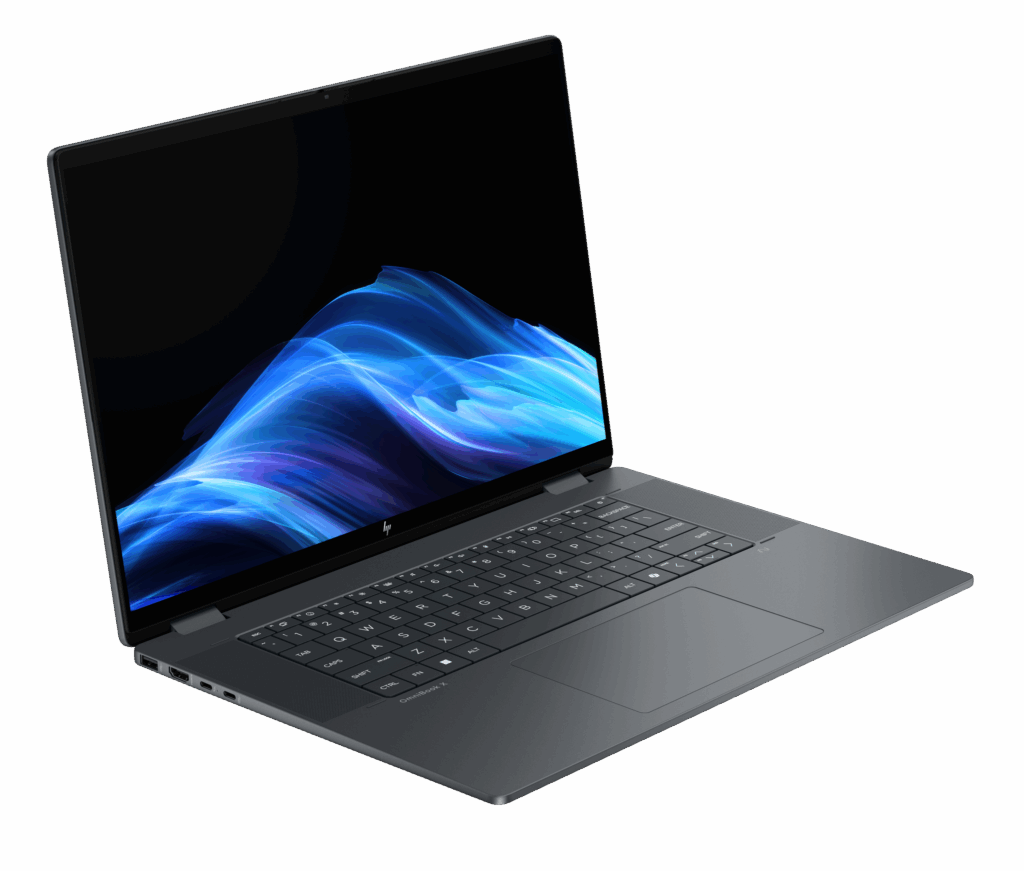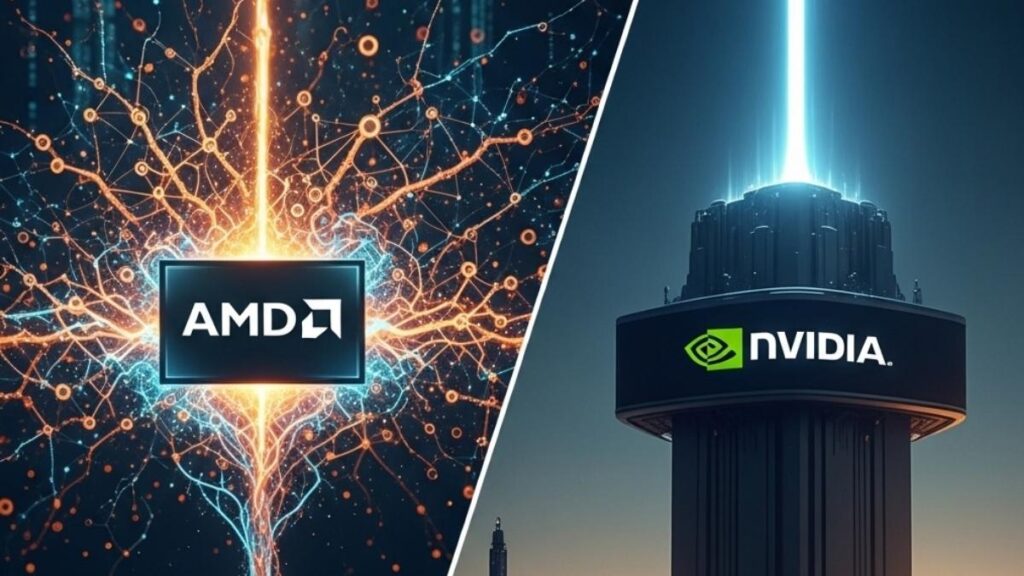The ThinkPad line, initially belonging to IBM and now belonging to Lenovo, was and is one of the most powerful technology brands in the world. Beginning back in the 1990s when the PC market was focused on business buyers, to today, ThinkPads have been some of the most robust, clearly identified and most iconic PC products in the market. Known for excellent keyboards, a clearly identifiable industrial design, and for having unique features that users didn’t know about (the infamous keyboard light), ThinkPads have been the bar that other firms have measured themselves against.
Let’s talk about ThinkPads this week as we celebrate their 30th anniversary.
Innovation
The original IBM PC company, a unique construct in IBM that was like a company in a company, was created to compete with small, fast-moving emerging companies like Compaq and Dell that IBM proper had found it difficult to compete against. Much of the early innovation in laptop and all-in-one desktop PCs came from this group. Perhaps one of the most interesting efforts that wasn’t continued was the butterfly keyboard that would mechanically expand when that notebook was opened to provide a large keyboard in a tiny form factor.
A few years later, the IBM PC company not only pioneered all-in-one desktop (initially under the NetVista brand) form factors, but it was one of the first to think through the need to upgrade the PC part of the solution without also having to replace the entire machine. The first version, which wasn’t upgradable, was recognized for its award-winning design and, for its time, was both very attractive and innovative.
Sadly, right before being spun out from IBM, the PC Company came up with a modular design that could have both redefined mobile computers and set the tone for the smartphones that were to follow, but then IBM CEO, Louis Gerstner, cut the unit’s budget and, a few years later, Sam Palmisano sold the unit off to Lenovo.
But Lenovo continued the focus on innovation, most recently exploring the idea of foldable displays with the first foldable displays on a laptop. The new 16.3-inch offering that folds down to around a 12-inch form factor is nothing short of revolutionary. The Lenovo X1 Fold is one of the most innovative laptops that has ever come to market. With its amazing foldable OLED screen, it represents one of the few commercial laptops that users starved for screen real estate (like me) lust for.
In addition, Lenovo is also exploring aggressively head mounted displays that have the potential to revolutionize the next generation of mobile personal computers.
The only truly international personal technology company
Most personal technology companies are either Asian- or U.S.-based, which creates problems for them when trying to expand into markets where they aren’t headquartered. While Lenovo started out as a Chinese company, its merger with the IBM PC and Server units and acquisition of Motorola made it a truly international company with leadership spread all over the world.
This unique organizational structure that mirrors in some ways IBM’s U.S.-based but international leadership allows the firm to execute in both of the world’s largest markets without being hampered by either. It is an innovative structure that surprisingly hasn’t been emulated by other Chinese or U.S. firms, showcasing how difficult it likely is to execute.
Wrapping up: ThinkPad stands alone
When it comes to innovation in the PC space, Lenovo and ThinkPad largely stand alone with a history of exploring new form factors, designs and solutions that are uniquely available globally despite conflicts between countries. Lenovo has found a creative way to stand above the conflicts between the East and West to provide solutions that uniquely meet the needs of mobile users, and the ThinkPad line represents the best in innovation, reliability and global availability.
After 30 years, the ThinkPad brand is still going strong and represents, in and of itself, one of the best brand management efforts in the technology industry. Here’s hoping the next 30 years will be as powerful. Happy Anniversary ThinkPad!
- The HP OmniBook X Flip 2-in-1 16-Inch: Your New Digital Swiss Army Knife (Now in Glorious Atmospheric Blue) - June 25, 2025
- The Open AI Avalanche: Why AMD’s Collaborative Spirit Is Outmaneuvering NVIDIA’s Empire - June 22, 2025
- Lenovo Embraces OpenBMC: A Step Towards Greater Transparency and Control in the Data Center - June 17, 2025



